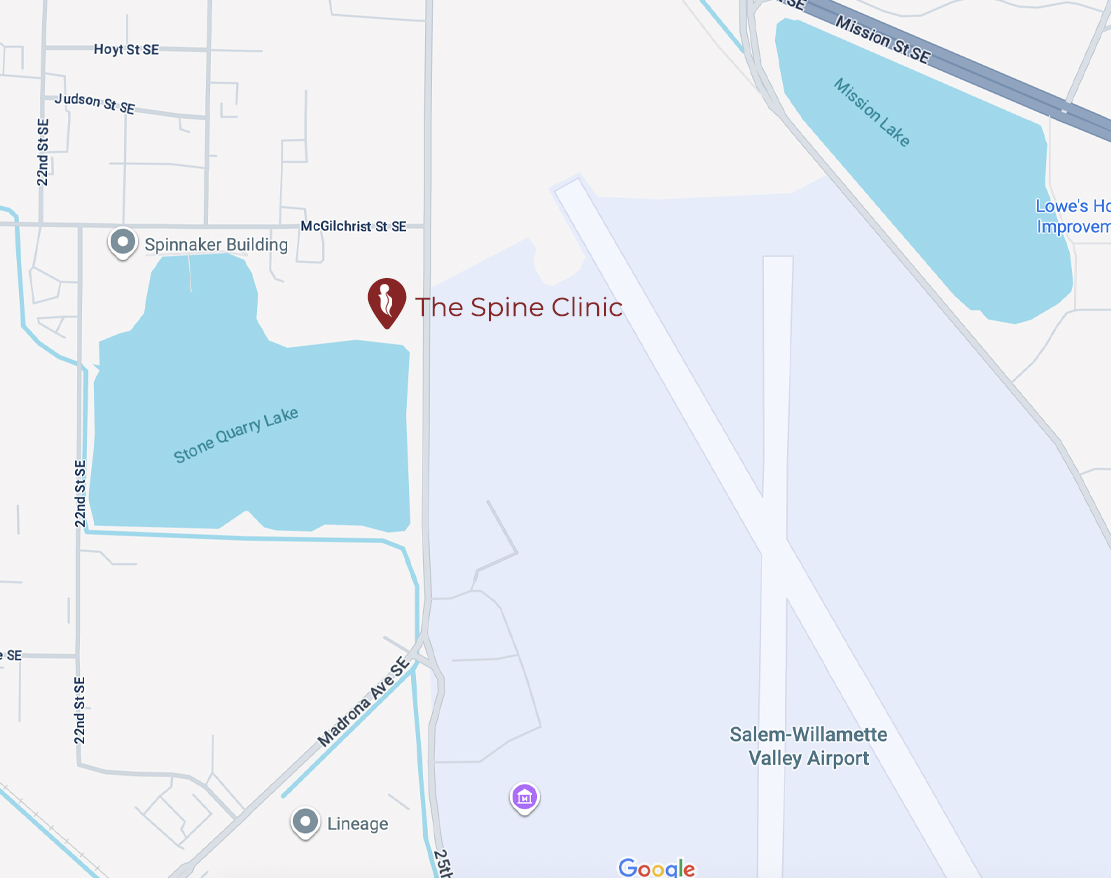When the soft tissue that protects your bones from rubbing against each other wears out, you may develop osteoarthritis. This is a common problem that can make your joints hurt, stiff, and hard to move.
You can get osteoarthritis in any part of your body, but it often affects your knees, hips, hands, and spine. It is also more likely to occur as you age or if you have a family history of the condition. Other risk factors include obesity, injury, overuse, and inflammation.
How Does Osteoarthritis Affect Your Spine?
Your spine consists of vertebrae that are connected by facet joints. These joints allow your spine to bend and twist. A disc between each vertebra serves as a shock absorber and stops the bones from rubbing against one another.
Osteoarthritis can cause the cartilage in the facet joints and discs to break down. This leads to bone spurs or growths that can narrow the space where the nerves exit the spine. This may result in symptoms like:
Back pain that becomes worse with activity or movement
Loss of flexibility and stiffness in the spine
Arms or legs feeling numb, tingly, or weak
Having trouble walking or standing
How to Manage Osteoarthritis
Osteoarthritis is a lifelong condition that has no cure, but you can reduce the pain and inflammation and maintain your mobility and function. Some of the options include:
Medications
Your doctor may prescribe anti-inflammatory drugs, pain relievers, muscle relaxants, or nerve blockers to reduce the pain and inflammation.
Chiropractic Care
Chiropractic care can provide valuable support in managing osteoarthritis by focusing on improving joint function and reducing pain. Chiropractors use non-invasive techniques, such as spinal adjustments and manipulations, to enhance joint mobility and alleviate pressure on affected areas. These adjustments can help restore proper alignment, reduce inflammation, and enhance the body’s natural healing process.
Lifestyle Changes
You can change daily habits to help prevent or slow the progression of osteoarthritis. You can shed some pounds if you weigh too much, quit smoking, drink less alcohol, and eat healthy foods with antioxidants and omega-3 fats.
Alternative Therapies
You may try alternative therapies like acupuncture, massage, yoga, or chiropractic care to ease your osteoarthritis. These methods can calm your nerves, boost your circulation, and activate your body’s healing power.
Surgery
In some situations, you may have to undergo surgery to remove bone spurs, release the nerves, or fuse the vertebrae. Doctors usually consider surgery a last resort when other treatments fail or the symptoms severely interfere with your daily activities.
Manage Your Osteoarthritis Today
Osteoarthritis is a condition that gradually destroys the cartilage in your joints, making them painful and stiff. It can cause pain, stiffness, and reduced mobility in the affected areas. Osteoarthritis of the spine can affect your back, neck, arms, and legs.
You can reduce your pain and stiffness and improve your well-being if you suffer from osteoarthritis of the spine. You can consult with your doctor about the best treatment options. You can also change habits to help protect or delay the damage to your joints.
Osteoarthritis does not have to stop you from enjoying life. With proper care and support, you can live well with osteoarthritis.
For more information on osteoarthritis, visit The Spine Clinic at our Salem, Oregon office. Call (503) 362-5555 to schedule an appointment today.









